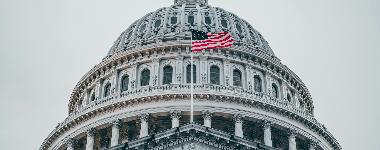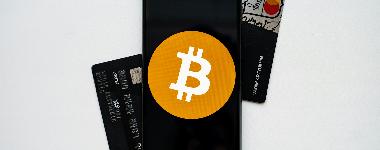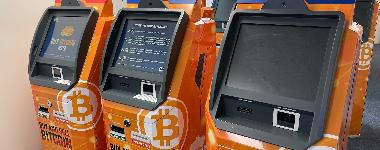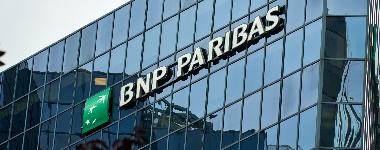You might think of asset seizure as something out of a movie, with agents in dark suits and sunglasses swooping in to confiscate property. But the reality is more mundane, yet just as troubling. Let's break down how the government legally seizes property and why Bitcoin stands out as a challenging asset to seize.
First, let's clarify some terms. When the government seizes property, it takes control of it temporarily. Freezing means restricting your ability to use or move your property. Forfeiture means the government gains permanent ownership. This process typically starts with a seizure.
Identifying assets is the first step. In a traditional system, banks are required to report certain transactions to the government. This makes it easy for agents to gather information. But with Bitcoin, transactions are pseudonymous, making it harder for agents to identify assets. They need to convince a judge that a specific Bitcoin address is tied to you.
Once assets are identified, agents prepare paperwork for a judge. They need to show why seizing the assets is justified. If the judge agrees, they sign an order allowing the seizure or freezing of assets.
Finally, agents serve the paperwork and take control of the assets. This is straightforward when dealing with banks or other custodians. But with self-custody, like holding physical gold or Bitcoin, it's more challenging. Agents need to locate the assets and physically seize them.
Bitcoin presents unique challenges for agents. There's no central authority to serve with paperwork. Transactions are recorded on a public ledger, but identities are pseudonymous. Agents need to work harder to link addresses to individuals.
In a nutshell, Bitcoin's decentralized nature makes it harder for the government to seize. With traditional assets, like money in a bank, agents can easily obtain information and serve paperwork. But with Bitcoin, it's a different story. This makes Bitcoin an attractive option for those seeking to protect their assets from government interference.
So, while asset seizure might seem like a distant concern, understanding the nuances can help you make informed decisions about protecting your wealth. And with Bitcoin's unique properties, it offers a level of security and privacy that traditional assets can't match.







- ZEBEDEE secured a $35 million investment to scale operations in order to meet growing demand.
- The bitcoin-only gaming developer has witnessed a 10x increase in its user base since September of ...


- BNP Paribas, a leading private bank in the Eurozone, is entering the custody space for bitcoin and other cryptocurrencies.
- The bank will partner with Metaco, a Swiss digital asset custody firm ...

